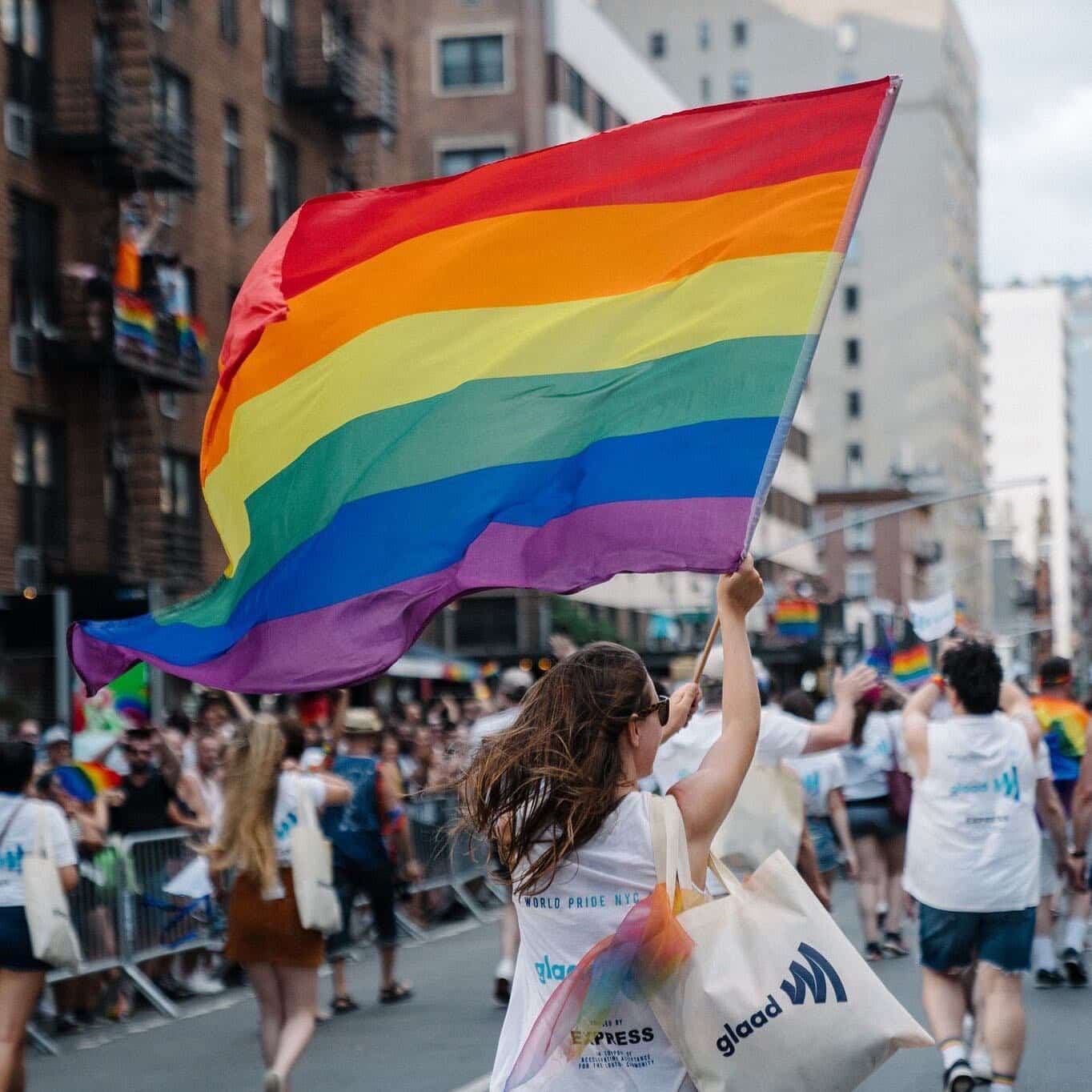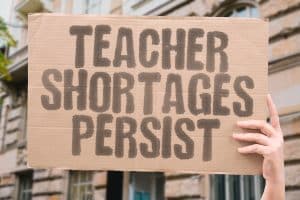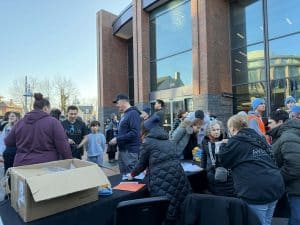As LGBTQ+ library workers continue to face hostility, harassment, and discrimination in the workplace, the American Library Association is taking decisive and proactive steps to help protect these workers.
In an August press release, the ALA reaffirmed its commitment to supporting LGBTQ+ librarians and library workers, announcing a two-step plan to address the ongoing prejudice and discriminatory practices targeting queer and trans members of the library workforce.
“LGBTQIA+ library workers play a vital role in promoting diverse perspectives and ensuring equitable access to information for all users,” the statement reads. “Discrimination against library workers based on sexual orientation, gender identity, or expression violates their fundamental rights and contradicts the core principles of inclusivity and intellectual freedom that libraries cherish.”
In response to growing concerns over LGBTQ+ library workers’ rights and safety, the ALA is establishing a task force to combat employment discrimination and is in the process of developing a communications plan that highlights resources and support provided by the organization.
Across the country, public and school libraries have experienced unprecedented attacks from lawmakers, activists, and community members over books with LGBTQ+ themes and characters, demanding that they be removed from the shelves. Librarians who have refused to comply with these demands have faced a flurry of online and in-person harassment, with many agitators labeling them as “groomers” or “pedophiles” for wanting people of all ages to have access to the books they want or need.
As a result, some librarians have chosen to leave the profession altogether, while others continue to go to work in fear. For LGBTQ+ library workers, in particular, these fears and threats are exacerbated, with many feeling unsafe and unwelcome. While those who are waging these threats and book challenges claim that they’re mainly concerned about young children reading books that are inappropriate and sexually explicit, the overwhelming majority of books being challenged deal with issues of sexual orientation, gender identity, and race.
In Bucks County, the Indian Valley Public Library was targeted for defunding after a member of the Telford Borough Council made anti-LGBTQ comments regarding the library’s book offerings and Pride Month displays. In addition, Central Bucks School District has been embroiled in controversy over objections to LGBTQ-themed books in its school libraries, banning two books in May. Challenges are currently pending against 56 other books in the school district.
Meanwhile, in states like Michigan and Iowa, public libraries have temporarily closed and even permanently shut down following backlash to LGBTQ+ books and anti-LGBTQ+ rhetoric directed at library workers.
“This is something that the American Library Association is very concerned about, particularly our Rainbow Roundtable, which is the group of members within the association that organizes around LGBTQ+ library worker needs,” Emily Drabinski, the president of the ALA, told the Bucks County Beacon. According to Drabinski, the Rainbow Roundtable approached the ALA’s executive board and voiced their concerns about the attacks against their “LGBTQ+ colleagues across the country in the wake of these organized pro-censorship efforts.”
Drabinski says the new task force, which is composed of experts, stakeholders, and representatives in the Rainbow Roundtable, among others, will create a strategy to monitor and address retaliatory employment cases. “We feel like we can’t approach the problem without a full understanding of what that is,” she said. In addition to the communications plan underway, Drabinki also encourages LGBTQ+ library workers to check out the Freedom to Read Foundation, a nonprofit affiliated with the ALA, to “get training and programming about how to address these kinds of challenges.”
The FTRF also regularly participates in litigation and joins amicus briefs for First Amendment cases. “In order to win, we’re going to have to try a lot of tactics,” she said. “We have to do a lot of things to fight back against the book bans and so legal advice and advocacy work is important.” Other ALA resources include the Office For Intellectual Freedom, the Unite Against Book Bans campaign, and the LeRoy C. Merritt Humanitarian Fund.
“I think it’s really important that we focus on concrete material support for library workers facing these challenges because you can know everything and you can have all the right policies,” she said, “but if you’re the person who’s been fired or is at risk of losing your job because of your defense of the First Amendment or because you’re facing discrimination on the basis of race, gender, sexuality, you need something immediate.”
Drabinski says that, as a lesbian and a librarian, it’s “hard not to see” the mistreatment and removal of LGBTQ+ books as anything other than a “concerted effort to remove books that can help us make sense of ourselves,” adding that the attacks and threats against library workers who fight to keep these books available are akin to censorship.
“All of us work hard to help meet the needs of the people in our communities and provide equitable access to books for everybody,” she said. “To be threatened and facing the threat of losing your entire livelihood because you’re committed to people having an opportunity to read books about their own experience, it’s chilling and it’s quite a scary thing. It’s tantamount to censorship, but I think, in some ways, even worse.”







